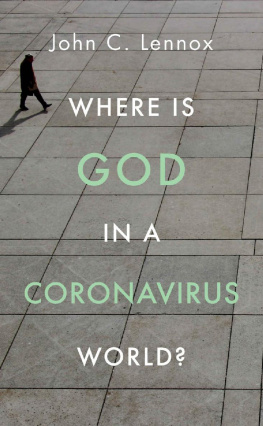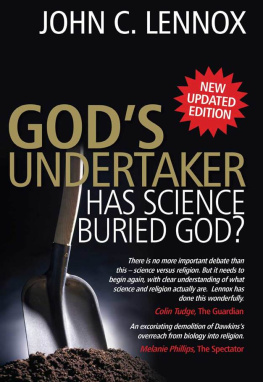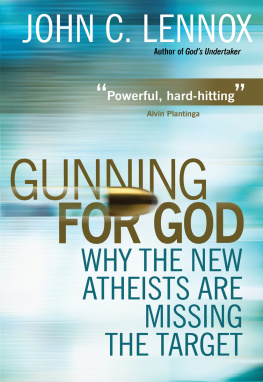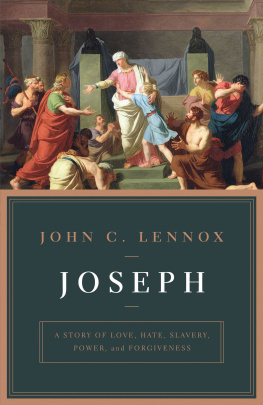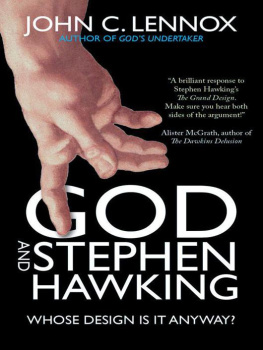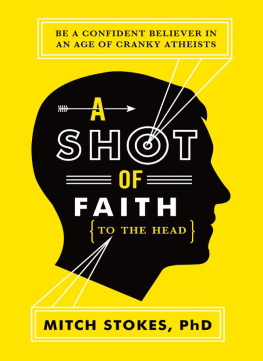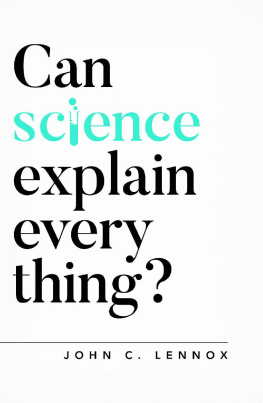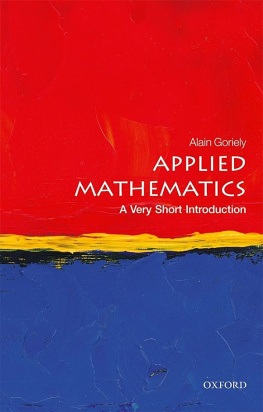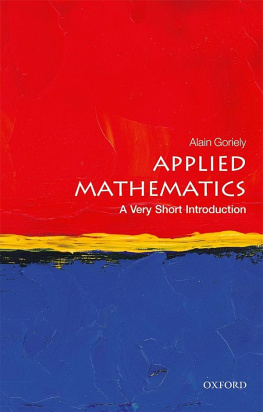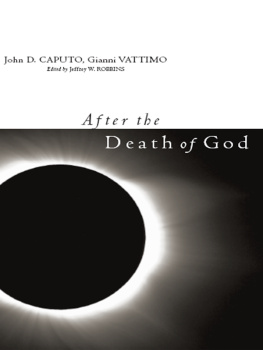Acknowledgements
I would like to thank those people who have helped me in various ways with this project: in particular Tim Thornborough, the indefatigable Publishing Director of The Good Book Company, its Editorial Director Carl Laferton, and my research assistant, Dr Simon Wenham.
To a world in pain
JCL
Introduction
We are living through a unique, era-defining period. Many of our old certainties have gone, whatever our view of the world and whatever our beliefs. Whether you are a Christian or not, the coronavirus pandemic is perplexing and unsettling for all of us. How do we begin to think it through and cope with it?
This book consists of my reflections on what we are experiencing right now. I started writing it a week ago, and things have changed quickly since then and no doubt will do again. The views are express here are my own, and should not be attributed to the university or organisations with which I am affiliated. There will, inevitably, be some rough edges and inadequacies. For that I apologise.
I would invite you, the reader, to view the book like this: I am sitting with you in a coffee shop (if only we could!), and you have asked me the question on the book cover. I put down my coffee cup and attempt to give you an honest answer. What follows is what I would try to say to convey some comfort, support and hope.
1. Feeling Vulnerable
It is quite surreal.
Here I am, in my mid-seventies, sitting at home with my wife, watching a government health minister on television informing us that we may have to remain confined to our home in self-isolation for up to four months in order to try to avoid the coronavirus pandemic that is sweeping the world. (There are many coronaviruses, and this one is called Covid-19, though we shall mostly use the term coronavirus in this book.) It is hard to grasp that this pandemic has the potential to be the worst ever, and that all our current estimates of its impact are likely to fall far short of the reality. Its scale and scope sound like something out of a dystopian movie. And yet it is really happening.
Never before have we experienced the lockdown of cities and even countries, the closing of borders, the banning of travel, the shutting of all but essential services, the banning of large sports gatherings, and the silent towns and cities that shout of fear and self-isolation. The rate at which the pandemic is spreading is putting enormous strain on national health systems as the production of necessary resources is stepped up as never before.
Europe has become the centre of a pandemic that originated in China. On the one hand, television news broadcasts feature empty streets, empty shelves in supermarkets, empty sports stadia and empty churches; whereas on the other, hospitals are filling up and extra beds are much in demand. Jobs and businesses are at risk. Fear is stalking the world and it grows by the day as more and more people are affected.
One major effect is the universal feeling of increased vulnerability. Many of us had got used to a fairly stable world, where life was reasonably predictable. Now that all appears to be crumbling away: the things we have always counted on have gone and we are exposed as never before to forces way outside our control. People fear for their health, both physical and psychological; for their families and friends, particularly the elderly and infirm; for their social networks, their food supply, their jobs and economic security, and a host of other things.
In such a shaky and uncertain climate, it is very easy to lose a sense of proportion. After all, we seem to have little difficulty accepting the annual influenza death statistics. Public Health England estimates that, on average, 17,000 people in England have died annually from flu in the past five years; in the US, the Centers for Disease Control and Prevention puts the figure for October 2019 to March 2020 at 23,000-59,000. They also estimate that in 2019 1.35 million people died on roads worldwide. Yet coronavirus scares us more than any of these, because of the vast scale and exponential growth of the virus and its soberly estimated potential to kill untold multitudes of people. I am all too aware that by the time you read this, the numbers who have died of coronavirus will be hugely higher than they are now as I write it.
Francis Collins, the director of the National Institute of Health in the USA, in an interview in The Atlantic that is well worth reading in its entirety, explains what most surprised him about this virus:
The degree to which this is so rapidly transmissible. More so than SARS was. SARS was a terribly scary situation for the world 18 years ago, but it never reached the level of infections or deaths that we have for this coronavirus, because it wasnt as transmissible. SARS was transmissible only from people who were really very sick. This one seems to be transmissible from people who have minor illness or no illness at all
How should we react to all of this? Is it even possible to get it into any kind of proportion? How can we avoid giving way to panic and hysteria?
WE HAVE BEEN HERE BEFORE
There have been similar pandemics in the past. The most ancient recorded instance is probably the so-called Antonine Plague or Plague of Galen in AD 165-180. The disease involved is uncertain, but is thought to have been measles or smallpox; it killed around five million people. Then there was the Plague of Justinian (AD 541542). This was a bubonic disease which was spread from animals (rats) via fleas to humans. It is reckoned that over 25 million died.
There was a further bubonic plague, known as the Black Death, in the 14th century (1346-1353), which killed an estimated 70 to 100 million people living in Eurasiareducing the world population by around 20 percent.
Much later in history, there were several cholera pandemics in the 19th and early 20th centuries in which over a million died. A flu pandemic took the lives of 20 to 50 million in 1918-1920. In my own lifetime, two million died of Asian flu in 1956-1958 and a further million of Hong Kong flu in 1968-1969. The HIV/AIDS pandemic, which was at its peak in 2005-2012, has had a death toll of around 32 million.
These are all classified as pandemics. In addition, there have been many epidemics, like Ebola and SARS, which have been geographically confined and therefore do not qualify as pandemics. As recently as 120 years ago, people in the West lived with epidemicstyphus, tuberculosis, cholera and so onas a part of normal life.
The coronavirus, like the bubonic plague, is thought to have started with animals and spread to humans. Yet this is now the 21st century: there has been a vast improvement in understanding of disease and in medicine in recent times, and this has probably had the effect of making many people complacently imagine that pandemics have surely now been relegated to history. Only now are we beginning to realise that they have not. How do we respond to this new circumstance?
IS GOD THERE?
In the past, in times of national disaster in the West, people have flocked into churches and national leaders have made calls for prayer. Such occurrences are rare today, although at least a few national leaders have asked for prayeras well, of course, as many church leaders around the world. Chief Justice Mogoeng of South Africa has made a memorable appeal: My call is to all those who can pray, to see it as an absolute necessity starting from today to do so.
But nowadays, fewer and fewer people have any God-dimension whatsoever in their lives. Since all over the world churches are being closed in order to limit the spread of the virus, many are asking where God isthat is, if he is there at all. Is he in inaccessible self-quarantine? Where or from whom can we get real solace or hope?

